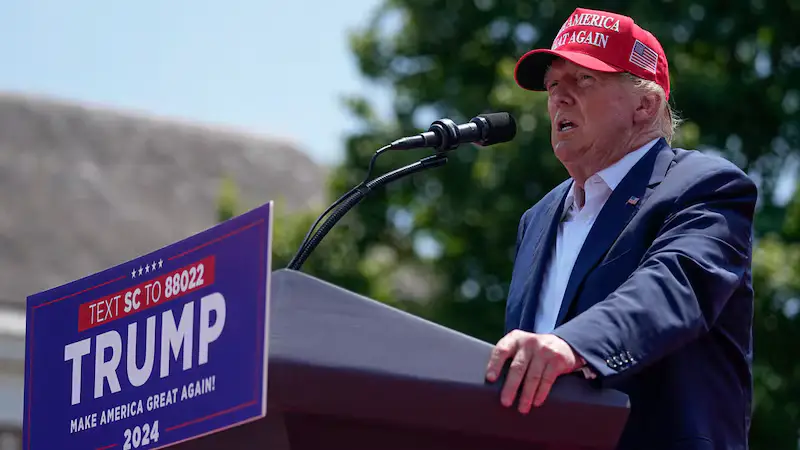
SAN JOSE – The sweltering heat that gripped Las Vegas and Phoenix during recent political rallies is a stark reminder of the urgent need for consistent climate action. As attendees collapsed from heat exhaustion, the former President’s promise to “drill, baby, drill” underscores a troubling reality: the lack of continuity in climate policy between administrations is jeopardizing our future.
In recent years, the world has witnessed unprecedented heatwaves, wildfires, and extreme weather events, all exacerbated by human-caused climate change. Despite overwhelming scientific evidence linking these disasters to fossil fuel consumption, some policymakers in Washington continue to push for increased oil and gas production. This short-sighted approach not only ignores the immediate health impacts of extreme heat on the populace but also endangers long-term climate goals.
The current political landscape in the United States is fraught with division on climate issues. Each new administration brings a shift in priorities, often undoing the progress made by its predecessor. When President Biden took office, his administration implemented policies aimed at reducing carbon emissions, investing in renewable energy, and setting ambitious targets to combat climate change. However, with the rise of new political leaders advocating for a return to fossil fuels, these initiatives face the threat of being dismantled.
This cyclical shift in climate policies hampers the nation’s ability to meet its 2050 climate goals. The commitment to achieving net-zero emissions by mid-century requires unwavering dedication and consistent policy support. Yet, the pendulum swing between environmental regulation and deregulation with each electoral cycle creates instability, discourages long-term investment in green technologies, and undermines public confidence in climate action.
The consequences of this policy volatility are severe. The Intergovernmental Panel on Climate Change (IPCC) warns that delaying action will result in irreversible damage to ecosystems, more frequent and severe weather events, and significant economic losses. The health impacts are already evident; the recent rallies in the Southwest, where dozens were hospitalized due to extreme heat, are just a glimpse of what lies ahead if the climate crisis is not addressed with the urgency it demands.
Moreover, the push for more drilling and fossil fuel production is not only environmentally detrimental but also economically shortsighted. Renewable energy sources like wind, solar, and hydroelectric power are becoming increasingly cost-competitive with fossil fuels. Investing in these technologies not only helps mitigate climate change but also creates sustainable jobs and drives economic growth. Conversely, doubling down on oil and gas locks the economy into a dependence on finite resources, susceptible to market volatility and geopolitical tensions.
Policymakers must recognize that climate change is not a partisan issue but a global emergency that requires bipartisan cooperation and steadfast commitment. The health of our planet and future generations depends on the actions we take today. It is imperative that political leaders prioritize long-term climate strategies over short-term political gains and work together to ensure that progress made in reducing emissions and transitioning to clean energy is not undone.
The dangers of ignoring the urgency of climate action are clear. As we face record-breaking heatwaves, devastating wildfires, and rising sea levels, the need for consistent, science-based climate policies has never been more critical. It is time for policymakers in Washington to transcend partisan divides, uphold the momentum for climate action, and safeguard our collective future. The stakes are too high, and the window for effective action is rapidly closing.


